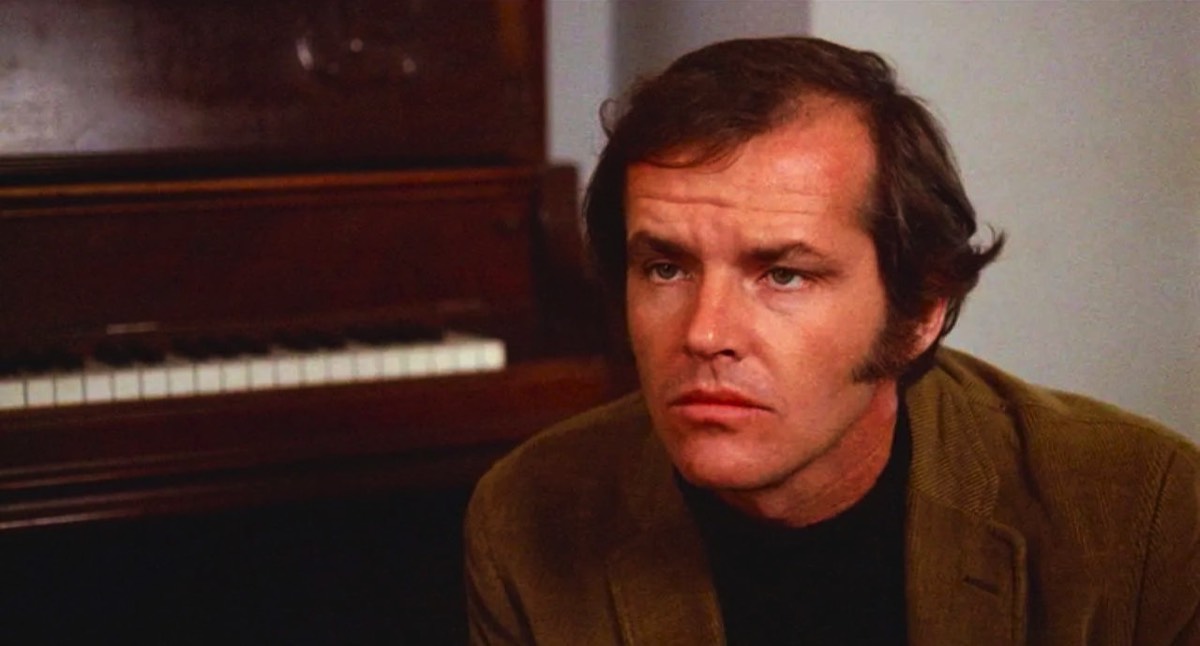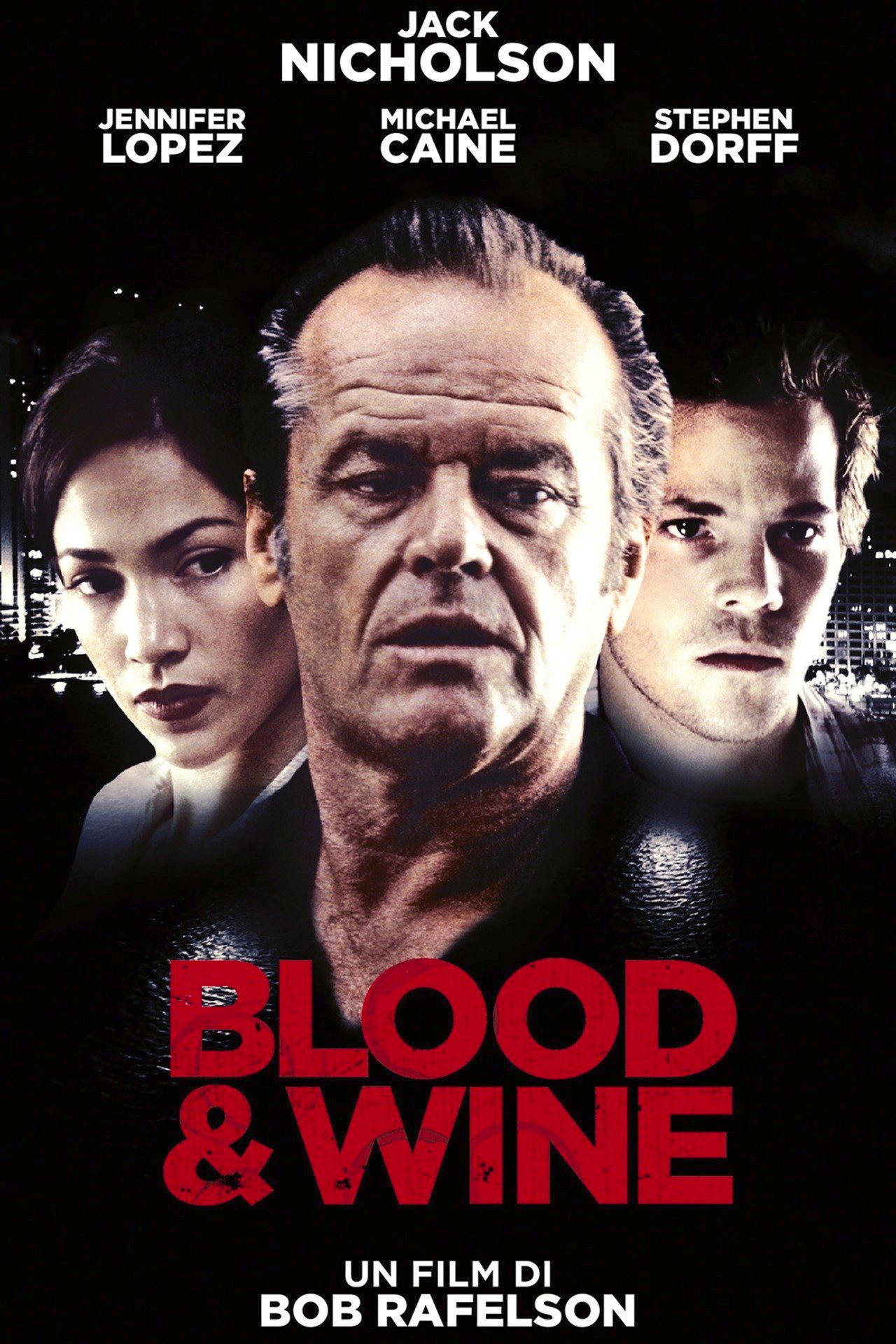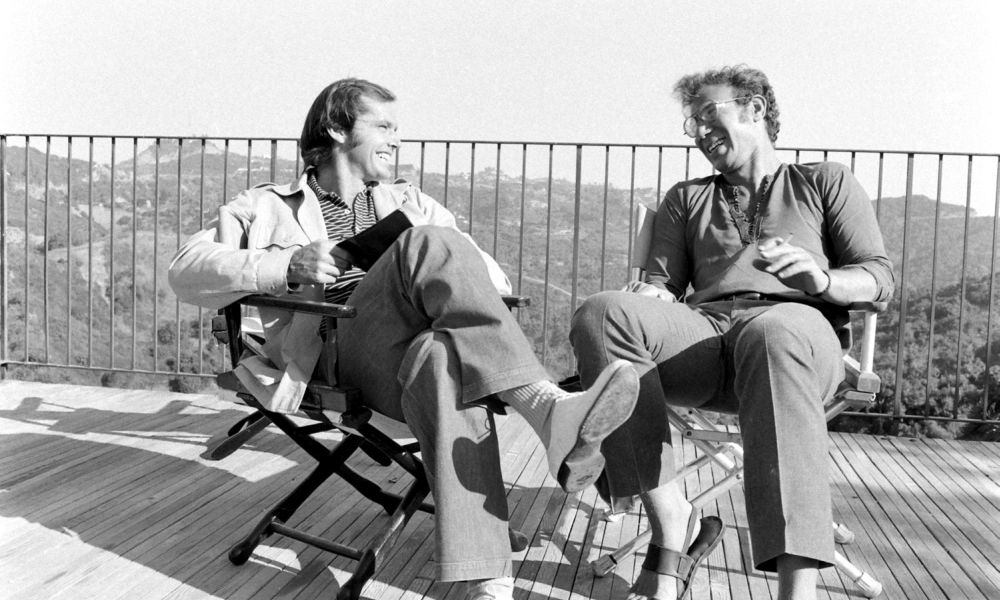"Bob Rafelson is a neglected director mainly because he lays bare the myths essential to America. He does not sugarcoat the bitter dose of his satire, as do Coppola and Altman. A distaste on the part of mainstream critics has caused attacks upon, but mostly the neglect of, Rafelson’s The King of Marvin Gardens, which is his most representative film." - Rodney Farnsworth (International Dictionary of Films and Filmmakers, 2000)
Bob Rafelson
Director / Producer / Screenwriter
(1933-2022) Born February 21, New York City, New York, USA
(1933-2022) Born February 21, New York City, New York, USA
Key Production Country: USA
Key Genres: Drama, Family Drama, Crime Drama, Satire, Post-Noir (Modern Noir)
Key Collaborators: Jack Nicholson (Leading Character Actor), Michael Small (Composer), Toby Carr Rafelson (Production Designer), John P. Ryan (Character Actor), Harold Schneider (Producer), Laszlo Kovacs (Cinematographer), John F. Link II (Editor), Helena Kallianiotes (Leading Character Actress), Lois Smith (Leading Character Actress), Scatman Crothers (Character Actor), Fannie Flagg (Character Actress).
Key Genres: Drama, Family Drama, Crime Drama, Satire, Post-Noir (Modern Noir)
Key Collaborators: Jack Nicholson (Leading Character Actor), Michael Small (Composer), Toby Carr Rafelson (Production Designer), John P. Ryan (Character Actor), Harold Schneider (Producer), Laszlo Kovacs (Cinematographer), John F. Link II (Editor), Helena Kallianiotes (Leading Character Actress), Lois Smith (Leading Character Actress), Scatman Crothers (Character Actor), Fannie Flagg (Character Actress).
"His visual style was functional. The sense of caring for people and places was a result of an undemonstrative, watchful camera that only occasionally allowed itself an evidently “beautiful” shot—such as the moment in Marvin Gardens when the camera cuts to a high angle to show the herringbone boardwalk promenade of Atlantic City... The decline in Rafelson may be dated from The Postman Always Rings Twice: despite its qualities of mood, loneliness, and sexual desperation, and no matter the force of Nicholson and Lange, there did not seem an overpowering reason for remaking that story." - David Thomson (The New Biographical Dictionary of Film, 2010)
"New York-born Rafelson's few films have largely remained out of the reach of the ordinary cinema-goer, and he has managed only nine full features in 30 years - strange for a man who, from 1960, was such a prolific writer for television. Rafelson's most interesting films, Five Easy Pieces and The King of Marvin Gardens, are chamber pieces made interesting by firm direction and solid ensemble playing." - David Quinlan (Quinlan's Film Directors, 1999)

Five Easy Pieces (1970)
"Had Bob Rafelson never made a film again after Five Easy Pieces (1970), his name would still be remembered in American film history. That film is a veritable crystallisation of the best of American Cinema in the 1970s, and a portrait of disillusionment unparalleled before or since. Although he is best known for that film, Rafelson had been working in television for many years before, most notably as creator, writer, director, producer and actor for the hit series The Monkees." - Douglas Hildebrand (Contemporary North American Film Directors, 2002)
"Bob Rafelson directed, and enabled, some of the richest American cinema of the post-studio era... Five Easy Pieces (1970) was one of the finest works of its day and won the New York Film Critics best director prize. It was produced by BBS, an independent company formed by Rafelson, Bert Schneider and Steve Blauner dedicated to promoting American directors' cinema. The history of BBS epitomizes both what was best about New Hollywood and what became of the American art cinema that it spawned." - Richard Armstrong (The Rough Guide to Film, 2007)
"Five Easy Pieces (1970) confirmed Rafelson as an important filmmaker who examines American culture." - William R. Meyer (The Film Buff's Catalog, 1978)
"Five Easy Pieces (1970) and The King of Marvin Gardens (1972) can now be seen, with the vast privilege of hindsight, to be key films in the melding of two eras - the pre-1960s and the post-1960s - for they tell of the marginal people who stumbled between the slats, not really of one era or another, but out of time, just as their music, and their dreams are out of time. Rafelson has never surpassed those two movies." - Mario Reading (The Movie Companion, 2006)
Selected Filmography
{{row.titlelong}}
Bob Rafelson / Fan Club
Emmanuel Carrère, Andrew Haigh, Angelina Nikonova, Jerzy Skolimowski, Rajko Grlic, Ben Gibson, Leonard Maltin, George Clooney, Tony Macklin.
Emmanuel Carrère, Andrew Haigh, Angelina Nikonova, Jerzy Skolimowski, Rajko Grlic, Ben Gibson, Leonard Maltin, George Clooney, Tony Macklin.
"Fan Club"
These film critics/filmmakers have, on multiple occasions, selected this director’s work within film ballots/lists that they have submitted.
These film critics/filmmakers have, on multiple occasions, selected this director’s work within film ballots/lists that they have submitted.


